Laxmikanth Summary: Indian Parliamentary Group | Indian Polity for UPSC CSE PDF Download
| Table of contents |

|
| Rationale of the IPG |

|
| Composition of the IPG |

|
| Objectives of the IPG |

|
| Functions of the IPG |

|
| Parliamentary Friendship Groups |

|
| The IPG and IPU |

|
| The IPG and CPA |

|
Rationale of the IPG
- Establishment and development of relations among parliaments are regular activities of national parliaments.
- Promotion of inter-parliamentary relations has been a significant part of parliamentary work for years.
- Recent emphasis on inter-parliamentary relations due to increased global interdependence.
- Imperative for parliamentarians to collaborate in safeguarding democracy and addressing global challenges.
- Inter-parliamentary relations gain importance amid pressing global problems.
- Challenges faced by one parliament today may confront another tomorrow.
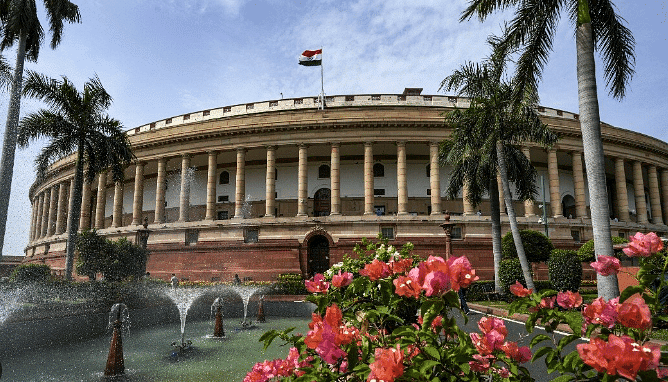 Indian Parliament
Indian Parliament
- Essential for a link to exist between various parliaments worldwide.
- The Indian Parliamentary Group (IPG) serves as a conduit, facilitating connections through goodwill missions, correspondence, documents, etc.
- Acts as the National Group of the Inter-Parliamentary Union (IPU).
- Also functions as the India Branch of the Commonwealth Parliamentary Association (CPA).
- Collaboration aims to confront challenges collectively and convert them into opportunities for peace and prosperity globally.
- Connection established through the exchange of documents, goodwill missions, and correspondence with foreign parliaments.
Composition of the IPG
The IPG is an autonomous body, formed in 1949 through a motion adopted by the Constituent Assembly (Legislative).
Membership in the IPG is open to all members of Parliament, and former members can become associate members with limited rights.
Associate members lack representation at IPU and CPA meetings and conferences, as well as travel concessions provided to members by certain CPA branches.
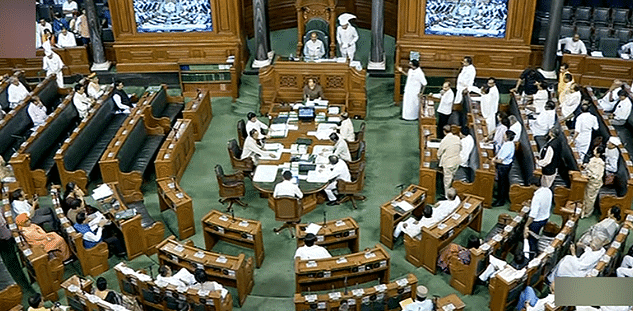 Constituent Assembly
Constituent Assembly
The ex officio President of the IPG is the Speaker of the Lok Sabha.
The Deputy Speaker of the Lok Sabha and the Deputy Chairman of the Rajya Sabha serve as ex officio vice-presidents.
The Secretary-General of the Lok Sabha acts as the ex officio Secretary-General of the IPG.
Objectives of the IPG
The aims and objectives of the IPG are:-
Facilitate personal contact among members of the Parliament of India.
Address questions of public importance likely to arise in Parliament.
- Organize seminars, discussions, and orientation courses.
- Publish materials for disseminating information to IPG members.
Coordinate lectures on political, defense, economic, social, and educational issues, delivered by members of Parliament and distinguished individuals.
Organize visits to foreign countries to establish contacts with members of other parliaments.
Functions of the IPG
The IPG serves as a crucial link between the Parliament of India and various global parliaments, maintaining connections through delegations, goodwill missions, correspondence, and document exchanges.
Functioning as both the National Group of the IPU and the main branch of the CPA in India, the IPG plays a significant role in international parliamentary relations.
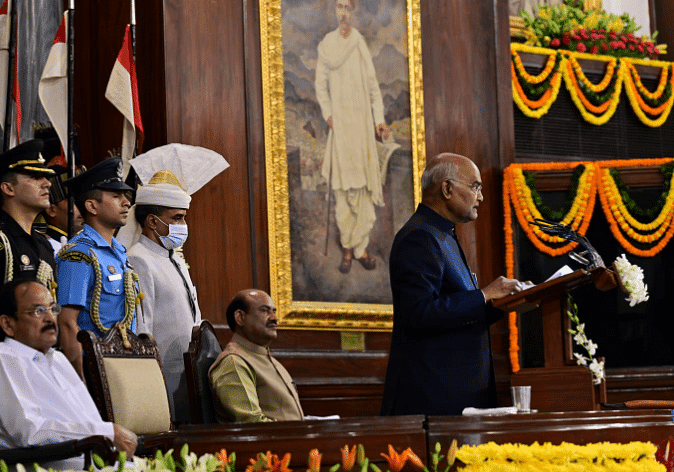 Indian Parliamentary Group
Indian Parliamentary Group
Organizes addresses to Parliament members by visiting Heads of State and Government from foreign countries, along with talks by eminent personalities under the auspices of the IPG.
Periodically organizes seminars and symposia on parliamentary topics of current interest at both national and international levels.
Facilitates members' visits abroad by providing letters of introduction to the Secretaries of the National Groups of the IPU and Secretaries of the CPA branches. Indian Missions in the host countries are also informed for necessary assistance.
Inclusion in Indian Parliamentary delegations to foreign countries is limited to members with at least six months' standing in the IPG at the time of delegation composition.
Maintains an uninterrupted flow of information to members through the quarterly IPG Newsletter, distributed to all members, including associate members.
Introduced in 1995, the IPG decided to annually award an "Outstanding Parliamentarian." A committee, appointed by the Speaker of the Lok Sabha, invites and finalizes nominations for the award.
Parliamentary Friendship Groups
Encourage bilateral relations through the establishment of Parliamentary Friendship Groups (PFGs) with other countries in the Indian Parliament.
Each PFG comprises sitting members of Parliament, including representatives from both the Lok Sabha and the Rajya Sabha.
The President of each PFG is appointed by the Speaker of the Lok Sabha.
The IPG holds management and control over all affairs of the PFGs.
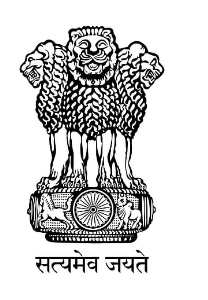
Meetings of the PFGs are organized on the sidelines of visits by Foreign Parliamentary Friendship Groups/Committees/Delegations, conducted within the Parliament House complex.
Aims and objectives of the PFGs include:
- Maintain political, economic, social, and cultural contacts between the two countries.
- Create favorable conditions for the continuous development of inter-Parliamentary ties, especially in organizing talks, mutual exchanges, and cooperation between the two Parliaments.
- Assist in exchanging information and experiences on issues related to Parliamentary activities.
- Promote cooperation between the delegations of the two countries during deliberations of international organizations and consultations on mutual interest issues.
- Increase ties between the member countries.
The IPG and IPU
The IPU is an international organization comprising parliaments of sovereign states, currently consisting of 179 member nations.
Aims to work for peace, cooperation, and the firm establishment of representative institutions globally.
Fosters contacts, coordination, and the exchange of experience among member countries' parliaments and parliamentarians.
Contributes to better knowledge of representative institutions and expresses views on international issues for effective implementation of parliamentary actions.
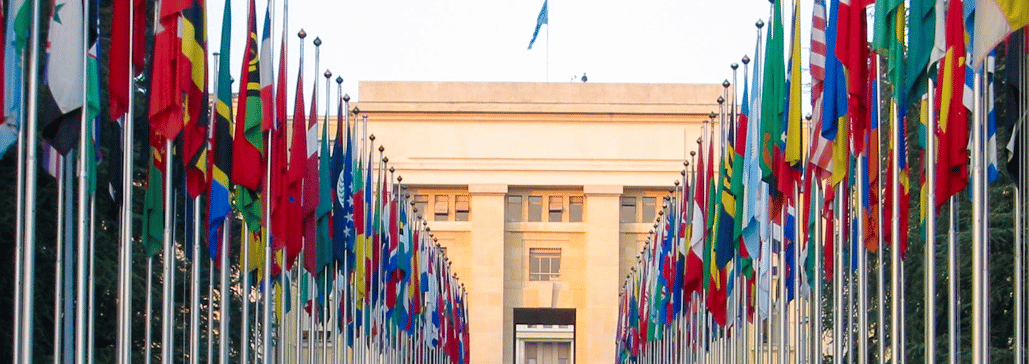 Sovereign Nations
Sovereign Nations
Suggests avenues for improving the working standard and capacity of international institutions.
Advantages of IPG membership as the National Group of the IPU:
- Facilitates contacts between Indian Parliamentary delegations and parliamentarians of IPU member countries.
- Provides opportunities to study and understand contemporary changes/reforms worldwide.
- Offers facilities to meet parliamentarians in different countries during foreign tours.
- Members are eligible to visit foreign countries as part of Indian Parliamentary delegations to Inter-Parliamentary Conferences.
Members of the IPG hold various positions in IPU bodies, such as office bearers in different committees, rapporteurs, chairman of drafting committees, effectively representing India's viewpoint on important issues in IPU meetings.
The IPG and CPA
The CPA is an association of about 17,000 Parliamentarians and Parliamentary staff in 180 National, State, Provincial, and Territorial Parliaments and Legislatures across 53 Commonwealth countries.
Aims to promote knowledge and understanding of constitutional, legislative, economic, social, and cultural systems within a parliamentary democratic framework, particularly in Commonwealth nations and countries with close historical and parliamentary associations.
Mission is to promote the advancement of parliamentary democracy by enhancing knowledge and understanding of democratic governance, building an informed parliamentary community, and deepening the Commonwealth's democratic commitment while fostering cooperation among its parliaments and legislatures.
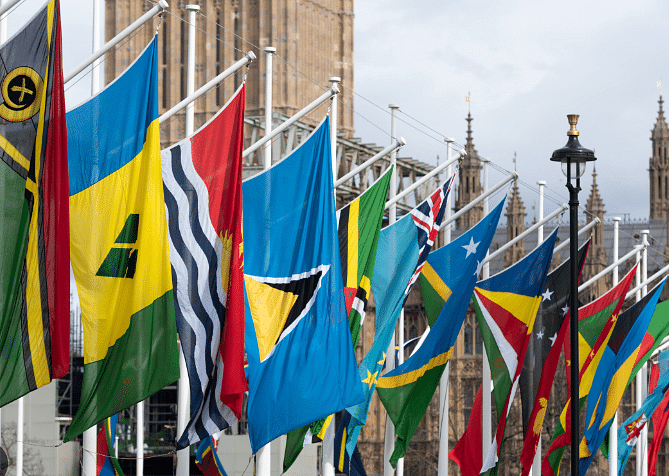
Advantages of IPG membership as the main branch of the CPA in India:
- Conferences and Seminars: Opportunity for participation in plenary and regional conferences, seminars, visits, and exchanges of delegations.
- Publications: Members entitled to receive 'The Parliamentarian' quarterly and the newsletter, 'First Reading,' every second month.
- Information: The Parliamentary Information and Reference Centre of the CPA Secretariat provides information on parliamentary, constitutional, and Commonwealth matters.
- Introductions: CPA branches readily assist in arranging introductions for members visiting other jurisdictions.
- Parliamentary Facilities: Members visiting other Commonwealth countries are normally accorded parliamentary courtesies, including access to debates and local members.
- Travel Facilities: Some branches provide a designated number of their members annually to undertake study tours of Commonwealth and other countries for comparing political and procedural developments. Other branches arrange ad hoc visits.
|
150 videos|780 docs|202 tests
|
FAQs on Laxmikanth Summary: Indian Parliamentary Group - Indian Polity for UPSC CSE
| 1. What is the rationale behind the establishment of the Indian Parliamentary Group (IPG)? |  |
| 2. What is the composition of the Indian Parliamentary Group (IPG)? |  |
| 3. What are the objectives of the Indian Parliamentary Group (IPG)? |  |
| 4. What are the functions of the Indian Parliamentary Group (IPG)? |  |
| 5. How does the Indian Parliamentary Group (IPG) collaborate with the Inter-Parliamentary Union (IPU) and the Commonwealth Parliamentary Association (CPA)? |  |















